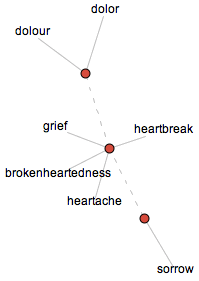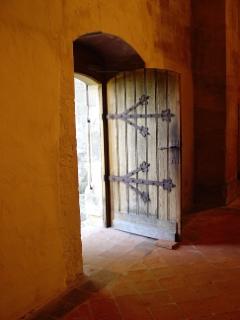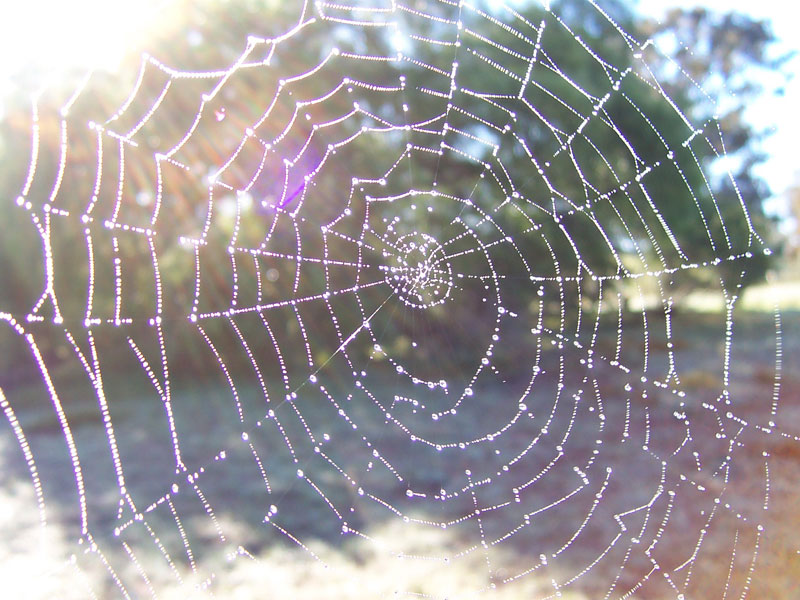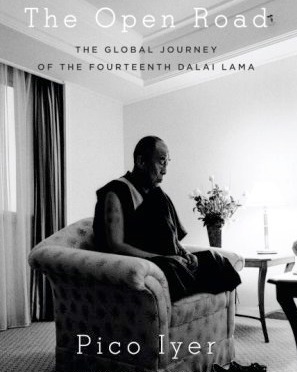Healing Poetry
Whoever you are, no matter how lonely,
the world offers itself to your imagination,
calls to you like the wild geese, harsh and exciting
over and over announcing
your place in the family of things.
——from The Wild Geese by Mary Oliver
There are a large number of poems that could be offered as potentially healing. I’m offering here a handful that I’ve come across, and written about briefly, because they seem to me to resonate especially well with the process of healing, and because any one of them seems like it could be a springboard—a trampoline?—to one’s own writing.
I. Poems that conjure a healing place
Last Night As I Lay Sleeping by Antonio Machado
The Peace of Wild Things by Wendell Berry
The Lake Isle of Innisfree by WB Yeats
Island of the Raped Women by Frances Driscoll
Keeping Quiet by Pablo Neruda
What I Want by Alicia Ostriker
II. Poems about a quest
The Journey by Mary Oliver
Diving into the Wreck by Adrienne Rich
III. Poems that might offer company during a difficult time
The Guest House by Rumi
A Ritual to Read to Each Other by William Stafford
Satellite Call by Sara Bareilles
The Armful by Robert Frost
The Spell by Marie Howe
Talking to Grief by Denise Levertov
Sweetness by Stephen Dunn
My Dead Friends by Marie Howe
III. Poems for looking at the world in new ways
The Wild Geese by Mary Oliver
Thirteen Ways of Looking at a Blackbird by Wallace Stevens
Eighteen Ways of Looking at Cancer by a group of women in a writing workshop
Report from a Far Place by William Stafford
who knows if the moon’s a by e.e. cummings
The Snowman by Wallace Stevens
Notes in Bathrobe Pockets by Raymond Carver
A New Path to the Waterfall, a collection by Raymond Carver and Tess Gallagher
The Summer Day by Mary Oliver
IV. Poems about the process of reading
Introduction to Poetry by Billy Collins
V. Poems for considering purpose
Every Craftsman by Rumi.
Talking to Grief by Denise Levertov
The title for the chapter, “Making a Place for Grief,” was inspired by and begins with an excerpt from “Talking to Grief” by Denise Levertov: You long for your real place to be readied before winter comes. You need your name, your collar and tag. You need the right to warn off intruders, to consider my house your own and me your person and yourself my own dog. I think there’s a kind of brilliance in this poem, that resonates with so much that I understand about imagery...
When I Am Asked by Lisel Mueller
I’m not at all sure that June is the right time for grief. But I’m in the process of revising my book, and that’s what I’ve been working on these last couple weeks. It’s interesting. I’ve tended, for a variety of reasons, to look at grief more in November—that’s when I tend to hear and feel most the voices of grief—and to feel a resonance between those voices and the waning light. Now, in a sense, I feel as if I’ve been looking at grief out of season. We’ve also...
The Buddha’s Last Instruction by Mary Oliver
During a bittersweet week of graduations, watching a whole flock of students move on, my heart full with their moving, I keep coming back to this poem. Now, only this morning, does it occur to me that the poem describes a kind of graduation speech–a person, in this case Siddhartha Gautama, trying to condense what he learned into a few words. The poem begins this way: “Make of yourself a light,” said the Buddha, before he died. 5 words. Make of yourself a light. The speaker of Mary Oliver’s...
I must go, I will go: Poetry as Respite and Transformation
In the introduction to his poetry anthology, Through Corridors of Light, which I wrote about a few weeks back, John Andrew Denny writes about how poetry came to offer a respite from the cabin fever imposed by illness. He’d been suffering with ME and Chronic Fatigue Syndrome (what is sometimes called CFIDS) when a poem, arriving on a postcard from a friend, catalyzed a shift in his experience. The poem was John Masefield’s Sea Fever. His wife had the genius to blow the poem up to poster size and...
Writing and Healing Prompt: Opening the Door of Mercy
Last week I shared and analyzed an essay with my sophomores: “Opening the Door of Mercy,” an essay by Karen Round published as part of the “This I Believe” series on NPR. I couldn’t resist discovering the vivid language in her essay and rearranging it into a found poem, something I’ve discovered is helping me read more closely—and attend to language and form. So. . . here are her words rearranged on the page, a kind of distillation of the essay. The sky darkening. The silhouette of a...
Through Corridors of Light: Poems of Consolation during Illness
I have just become aware of a new poetry anthology published in the UK for people who are dealing with illness. The anthology is edited by John Andrew Denny, who writes, at his website: I was ill for more than twenty years with ME/Chronic Fatigue Syndrome. For most of that time I was bedbound, in pain and at times deeply depressed, and I was helped to an extraordinary degree by reading and meditating on poetry that addressed my own thoughts and feelings about my illness. In an email conversation,...
Indra’s Net
From The Open Road by Pico Iyer Chapter Four, The Philosopher When the Dalai Lama speaks of interdependence all he is really saying is that we are all a part of a single body. Perhaps it’s not surprising he is famous for his laughter, the sudden eruption of helpless giggles traveling to the point where everything is connected, our fascination with division hilarious. Quarreling over money is like taking a ten-dollar-bill out of your right-hand pocket and then, after a great deal of fanfare and...
The Open Road by Pico Iyer
I am rereading The Open Road: The Global Journey of the Fourteenth Dalai Lama. Pico Iyer, a journalist and novelist, has known the Dalai Lama for decades, first meeting him with his father when he was an adolescent. In this impressionistic biography he peels back layers of the Dalai Lama to present him in nine different facets. The first chapter—the first facet—is The Conundrum. In it I found this, a kind of poem: We are not talking about God We are not talking about Nirvana We are only...
Musee des Beaux Arts by WH Auden
“It’s like a whole universe unto itself. That’s one of the reasons I really love it.” I first learned about this poem from an art teacher. I was doing an independent study with her and she was trying to get me to see connections between writing and visual art. This was my first assignment—to look at this poem and the painting that had inspired it. The title of Auden’s poem refers to the museum in Brussels where he encountered a painting by Peter Breugel—Landscape with the Fall of Icarus. ...
Attention Must Be Paid
I’ve been thinking a lot lately about the act of paying attention and what that means. Last year around this same time I came across a cover article in Newsweek entitled Grow Your Mind. It was by Sharon Begley, author of Train Your Mind, Change Your Brain, a book on neuroscience and Buddhism that I read some years ago and liked quite a bit. This past week, I found myself going back to the article because of something I remembered her saying about the act of paying attention. ...










